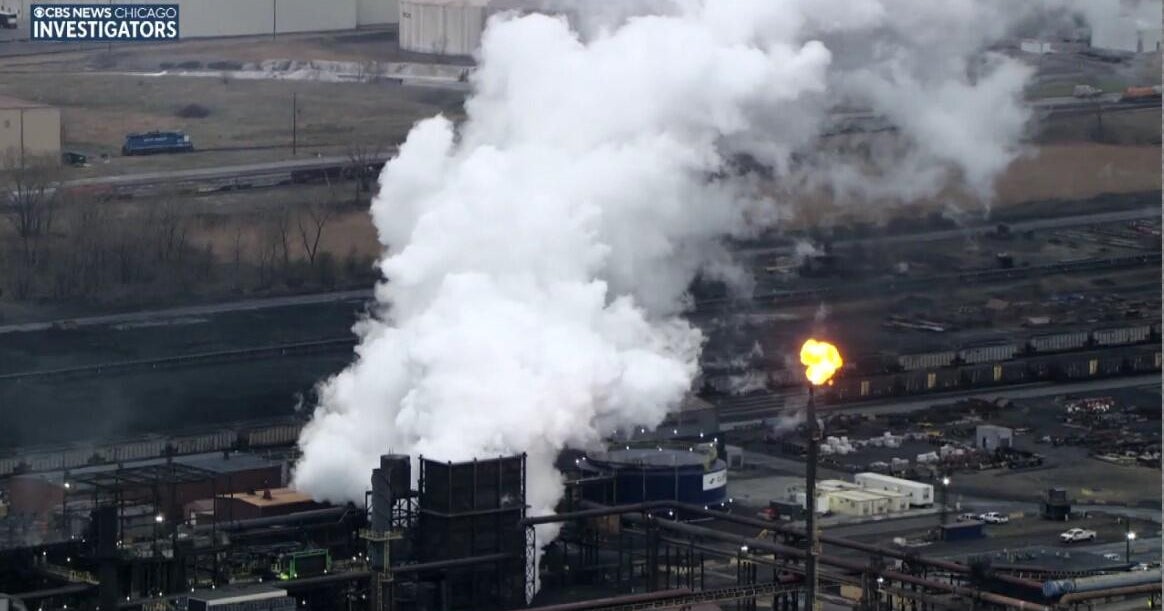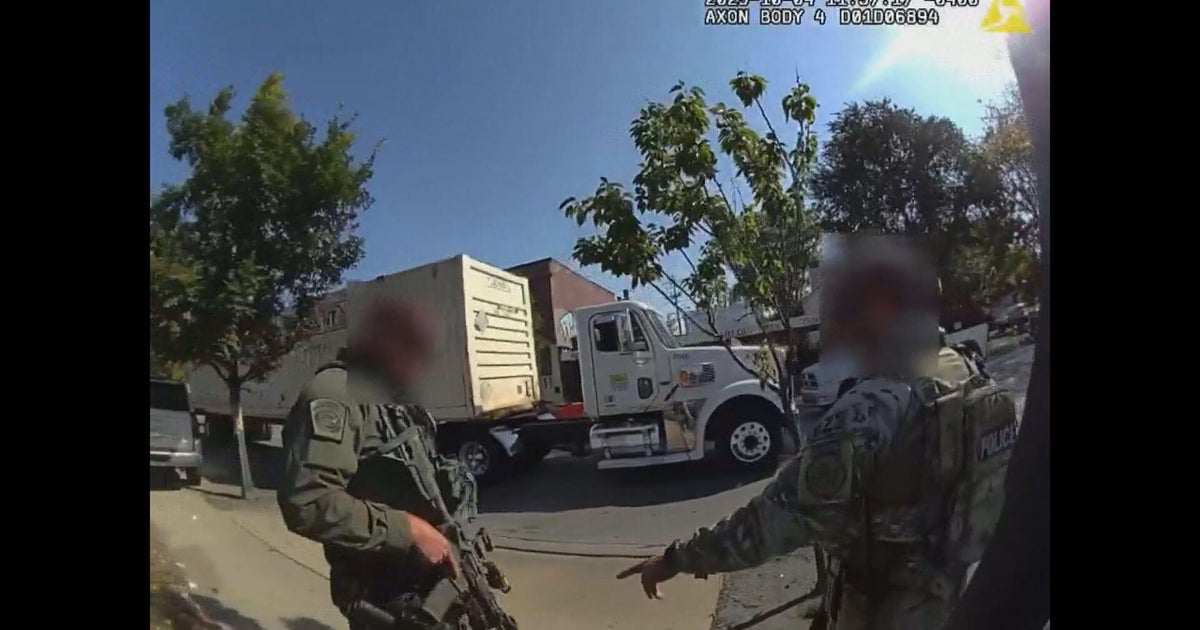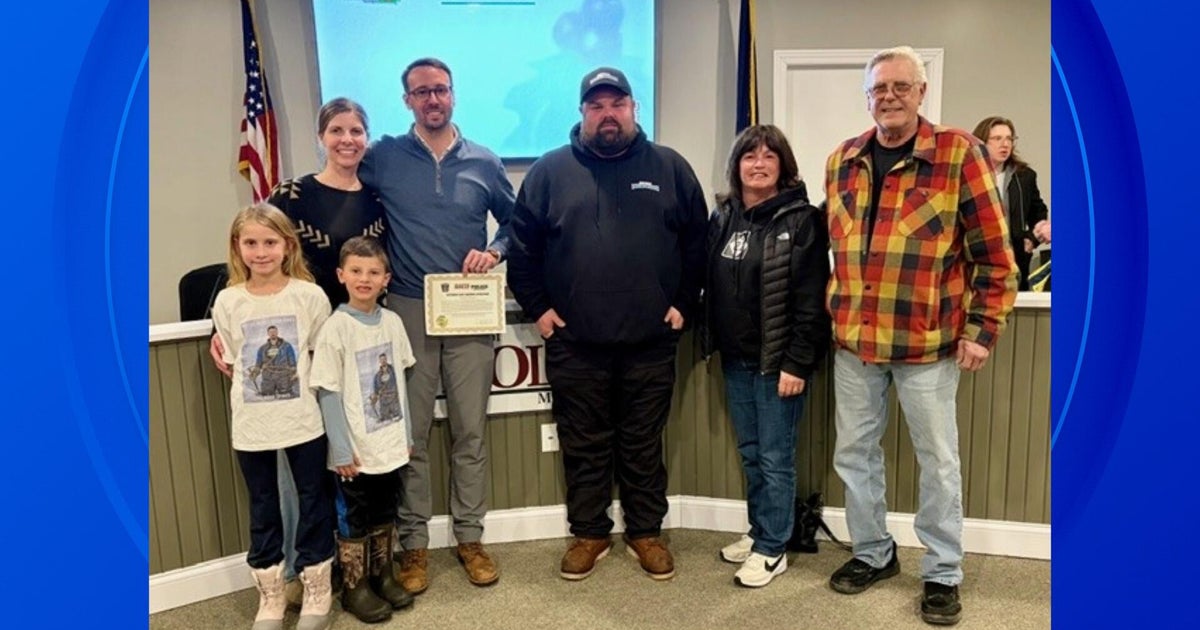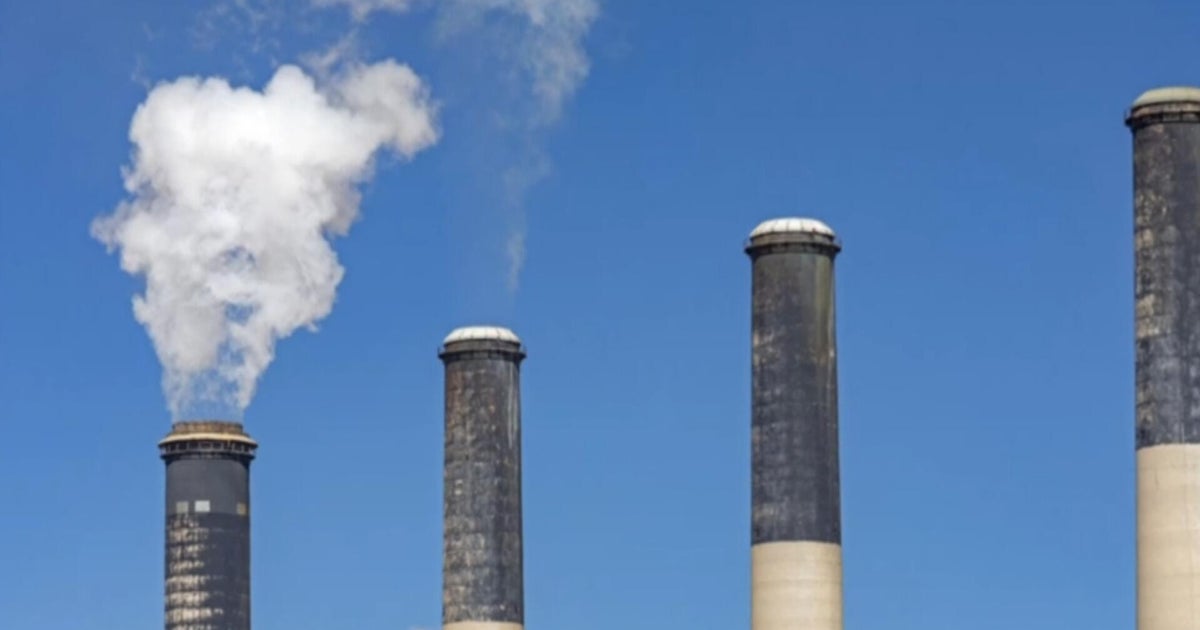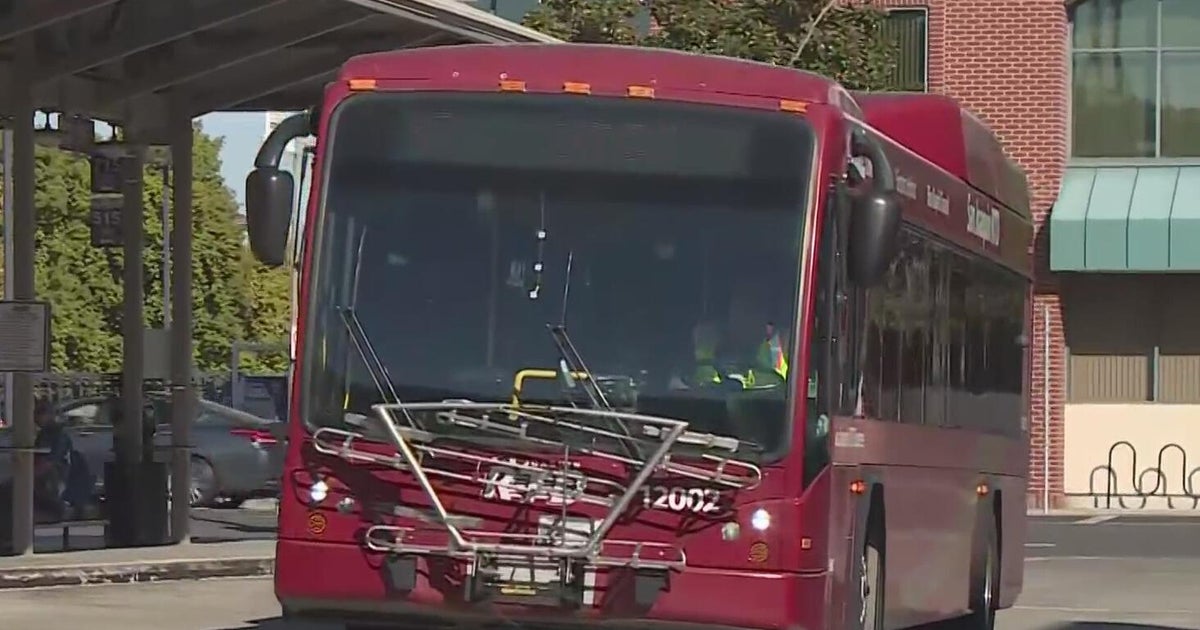How will Chicago replace thousands of toxic lead pipes?
CHICAGO (CBS) -- Chicago has its work cut out to dig itself out of a lead pipe problem.
Just last week, the Environmental Protection Agency (EPA) outlined a proposal to rid the country of all lead pipes in a decade.
On Tuesday, a committee hearing is scheduled at City Council to discuss how Chicago is moving forward with replacing lead pipes.
CBS 2's Noel Brennan spoke to local leaders and the director of the Freshwater Lab, who believes this goal is not a pipe dream.
If Chicago doesn't pick up the pace, the digging will go on for decades. Chicago has more than 400,000 lead service lines buried underground.
"Right now, the city's goal, the city's water department's goal is to do 10,000 lead service lines a year – 10,000. So you figure 10,000 times 40 is 400,000 and so that's where you get the 40-year mark. I think we can it under [40 years], but we need to have a declaration of a public health issue. We need to get the feds and states to pony up, and understand that this is a priority for them as well," said Ald. Gilbert Villegas (36th).
Villegas knows the work at the corner of Grand and Western to replace a single lead service line barely scratches the surface of a problem buried under city streets.
The 400,000 lead service lines needing replacement in Chicago is the most of any city in the U.S.
"We have the world's best water, and many, many households are drinking it through a toxic straw," said Rachel Havrelock, director of the Freshwater Lab at the University of Illinois at Chicago.
Havrelock welcomes new proposed rules from the EPA that would require all water systems to replace lead service lines within ten years.
"We can definitely do it, and I think we need to remember that our entire water system was built in less than that in a time when there wasn't designated funding to do this," Havrelock said. "We need to kind of take community leaders, scientists, water experts, city officials and we really need like a multi-tiered taskforce so that we kind of have the messaging from above and we have the implementation on many levels," she said.
In Chicago, it will cost billions and require coordination and communication between city departments which was not on display at Grand and Western.
"We just replaced this street and put a nice bike lane here, and now it's going to be tore up because the water department wasn't speaking to CDOT and CDOT wasn't talking to the contractor and the contractor wasn't talking to water. So, everybody's pointing fingers. We gotta stop that," Villegas said.
The city has permits to replace just over 2,000 lead service lines this year. Only hundreds of thousands left to dig.
"This is doable, and so we just have to like stop stalling and put forward our can-do attitude," said Villegas.
In November, it was announced Chicago would get a $336 million loan from the EPA, to replace lead pipes. That money will help replace up to 30,000 lead service lines, less than 10% of the city's total.
